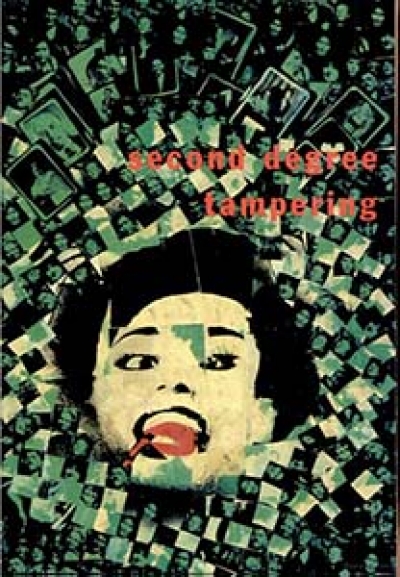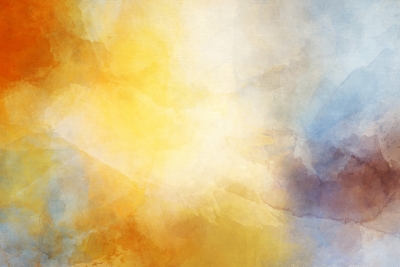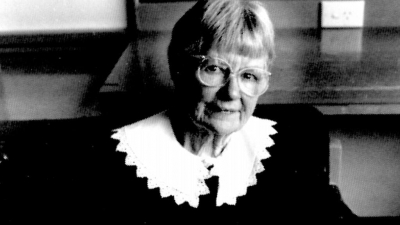Poetry
How does this book fit in with your development as a poet?
I think its’s fundamentally different. The House of Vitriol (a late first book, I was thirty-five when it appeared) was largely the work of about seven or eight years, but the earliest poem in it was written when I was sixteen, so it’s a big sprawling thing covering a lot of subjects and quite a lot of techniques – some of them really inchoate. And it was an unusually long book. This new book, which was written over about three years, has a kind of unity. But I don’t approach any book of poems globally. I’m a lazy reader of poetry. I never sit down with a book and read it right through. It may take me six months to a year to get to know a book even when I’m fond of the poet. Unlike some poets who will shape a book, and have that unity in mind, I don’t. I’m not deliberately setting out to achieve a harmony between poems.
... (read more)Well I’m damned! Ern Malley of all people! It’s been fifty years since I last laid eyes on him. Seeing him again recalls my vanished youth as nothing else could. Angry Penguins, Cecily Crozier’s valiant Comment magazine, the ‘social realists’ upbraiding everyone like so many Marxist Savonarolas, the Jindyworobakians quarrelling with the ‘cosmopolitans’, the Contemporary Arts Society quarrelling with itself – stirring times! But Ern was the epicentre of our cultural storm in a teacup.
... (read more)The poems of Ern Malley must be on the way to becoming the most reprinted collection of twentieth-century Australian poetry.
... (read more)second degree tampering: Writing by women edited by Sybylla Feminist Press
This is a powerful and accomplished anthology. The fiction, poems, and autobiographies of thirty-seven women writers offer a collection where the individual pieces coalesce into much more than the sum of the parts.
The editors have chosen writing from a field of over 350 manuscripts, seeking that which challenges and revises dominant versions of national identity.
... (read more)Boundary Conditions: The poetry of Gwen Harwood by Jennifer Strauss
In Boundary Conditions, Jennifer Strauss, taking her title from the Eisenhart poem of that name, points to the centrality of Gwen Harwood’s concern with ‘those littoral regions where the boundary terms that define themselves on either side of us also overlap and interact'. It is here, she claims, that ‘our most intense experiences, for better or worse, occur, and it is here that she correctly and perceptively locates Gwen Harwood’s major preoccupations as well as her recurrent images and settings.
... (read more)Modern Australians live of course in a concourse or babble of discourses. We make our way through the bubble-and-squeak of chopped-up value systems. There is no tall hierarchy of speakings, no league ladder. Nor is there anything as redgum-solid as permanence; if anything, transience is taken as proof of the genuine.
... (read more)What is the relation between poet and critic? No, not a topic for yet another tedious and oppositional debate at a writers’ festival. Rather, a question about the nature of oppositions, and the possibility of disrupting, or even suspending them, in the varied and delicate acts of literary criticism. Let me frame my question even more precisely: who is the ‘Gwen Harwood’ to whom I refer when I write about the poetry of a women who in recent years has become increasingly public, celebrated and accessible?
... (read more)Gwen Harwood’s poetry has been the subject of an increasing number of essays and articles during the last decade; in the last twelve months three books have appeared (written by Alison Hoddinott, Elizabeth Lawson, and Jennifer Strauss) and a fourth (by Stephanie Trigg) is on the way. All of this industry, as well as the publication in the Oxford Poets series of a Collected Poems, is to be welcomed; few would deny that Gwen Harwood’s work deserves all the attention it gets, particularly as it continues to surprise and delight.
... (read more)One of the strengths of this, K.F. Pearson’s second collection, is the range of the poetry it contains: both geographical – from Adelaide (and suburban Adelaide at that) through Polynesia to the Arabian Gulf; and historical – moving between the present and Quattrocento Italy.
... (read more)He described himself as a ‘no-hoper’ (he died in a mental hospital in the poverty of his poetry and Catholic faith). These days, the label ‘a poet’s poet’ is sufficient to scare off anyone interested in approaching a body of work that is both substantial and challenging. With the publication of this annotated collection, containing most of Webb’s known poetry and extracts from his verse dramas, it is just a little dispiriting to see Webb’s work acquire a whiff of canonical sanctity. A short, cautious introduction by the editors Michael Griffith and James McGlade concludes with the respectful praises of five eminent Australian poets, as if a show of hands from the panel of distinguished experts were enough to explain anything of the enigma of Frank Webb to someone coming across his work for the first time. I think he deserves more. In an age where packaging plays such a conspicuous role, it is time to rescue Webb from the shrine of Tradition and to make an effort towards attracting new readers to a poet who magnificently defies idle curiosity.
... (read more)






